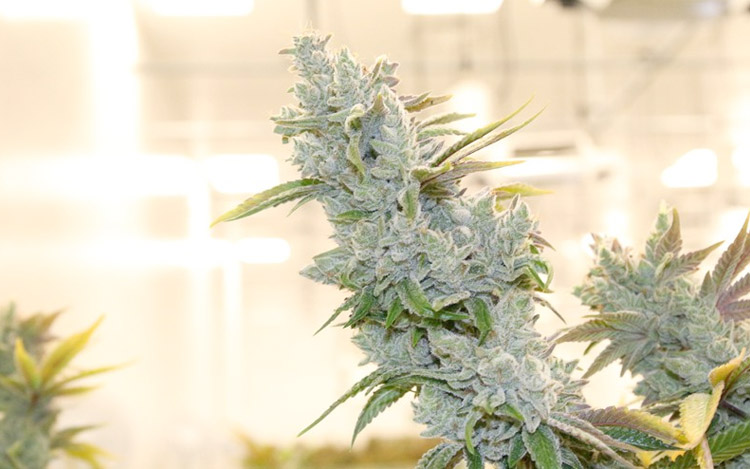Thanks to growing interest in legal cannabis markets, many cannabis industry voices are asking: “Can I use the word marijuana when discussing legal cannabis?”
Cannabis is a more accurate, scientific and morally responsible word choice. Here’s why.
Pros and cons
Linguistics bloggers agree that when it comes to the psychology of word choice, you can make a decision on using a questionable word by taking into account two options. The first option is to decide that the benefits of using the word outweigh the costs. Let’s look at the pros and cons of using the word “marijuana.”
Pros: Recognizable, cult following, more searched-for than cannabis when it comes to the internet (very important in this age of search engine optimization)
Cons: Associated with criminality, racist origins, historically sordid political usage
Let’s dive into those cons a little bit. The problem with the history of the word “marijuana” begins with its etymology. No one is really sure where the word came from, though it’s considered to be Mexican-Spanish in origin. It may come from the Aztec word for “prisoner” according to the Oxford English Dictionary - that’s why it has been historically used to villainize the cannabis plant.
It only gets worse from there thanks to Harry Anslinger, the first director of the Federal Bureau of Narcotics. In the 1930s, Anslinger had only negative things to say about cannabis. He told congress, “Marijuana is the most violence-causing drug in the history of mankind… Most marijuana smokers are Negroes, Hispanics, Filipinos and entertainers. Their satanic music, jazz and swing, result from marijuana usage.”
Anslinger’s collection of racist, fear-driven propaganda (including the memorable film Reefer Madness) shaped the public’s understanding of the cannabis plant as a bad habit of society’s worst degenerates.
Weighing these pros and cons, damaging the cannabis industry’s credibility through usage of the word marijuana seems to outweigh the benefit of reaching a larger population who may have no use or interest in legal medicinal or recreational cannabis. In short, the term marijuana does more harm than good.
A better option
The second option when it comes to word choice is simply to find a better word.
What makes cannabis a better word? To begin with, cannabis has a linguistically traceable origin, coming from Latin roots that mean “common hemp.”
In fact, the word is even older than that, going back to Greece’s kánnabis. Greek historian Herodotus (c. 440 BCE) wrote about cannabis: “The Scythians, as I said, take some of this hemp-seed [presumably, flowers], and, creeping under the felt coverings, throw it upon the red-hot stones; immediately it smokes, and gives out such a vapour as no Grecian vapour-bath can exceed; the Scyths, delighted, shout for joy.”
At least one health organization has taken a strong stance against using the word marijuana in favor of its more scientific counterpart. Oakland’s Harborside Heath Center wrote in a statement:
We prefer to use the word cannabis, because it is a respectful, scientific term that encompasses all the many different uses of the plant. The word “marijuana” or “marihuana” is an emotional, pejorative term that has played a key role in creating the negative stigma that still tragically clings to this holistic, herbal medicine. Most cannabis users recognize the “M word” as offensive, once they learn its history.
As the cannabis industry continues to evolve, it’s important to correctly communicate the value of a plant that can improve well-being, and it begins with word choice. Let’s all agree to call it cannabis.
